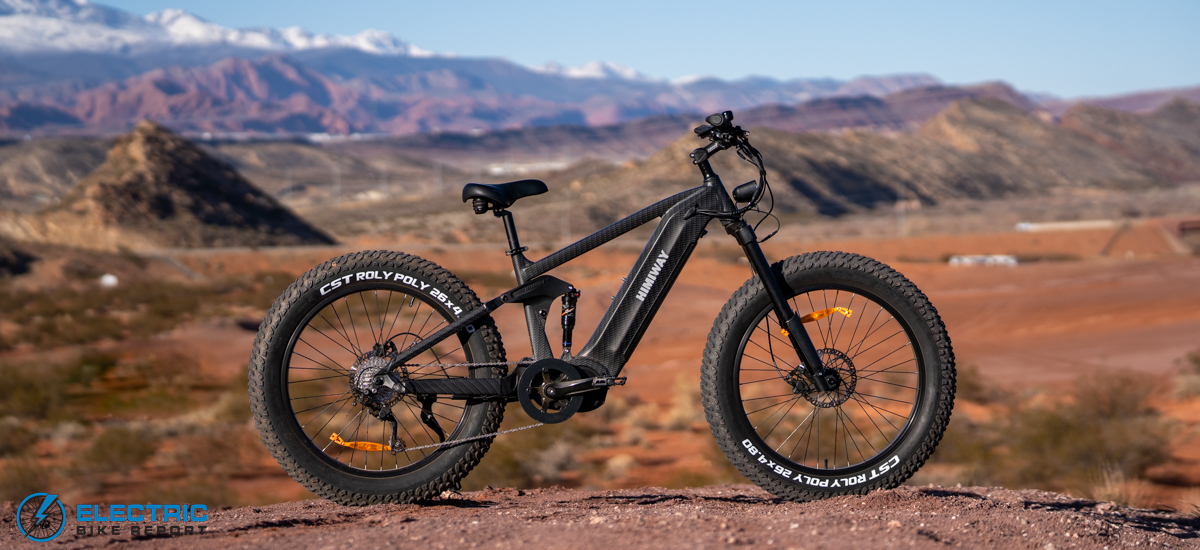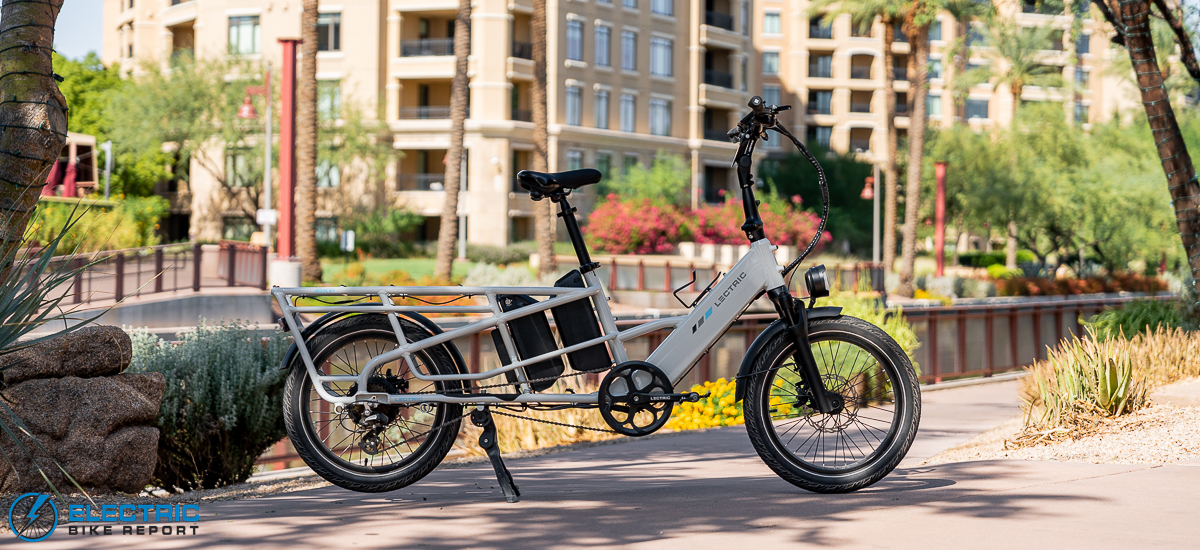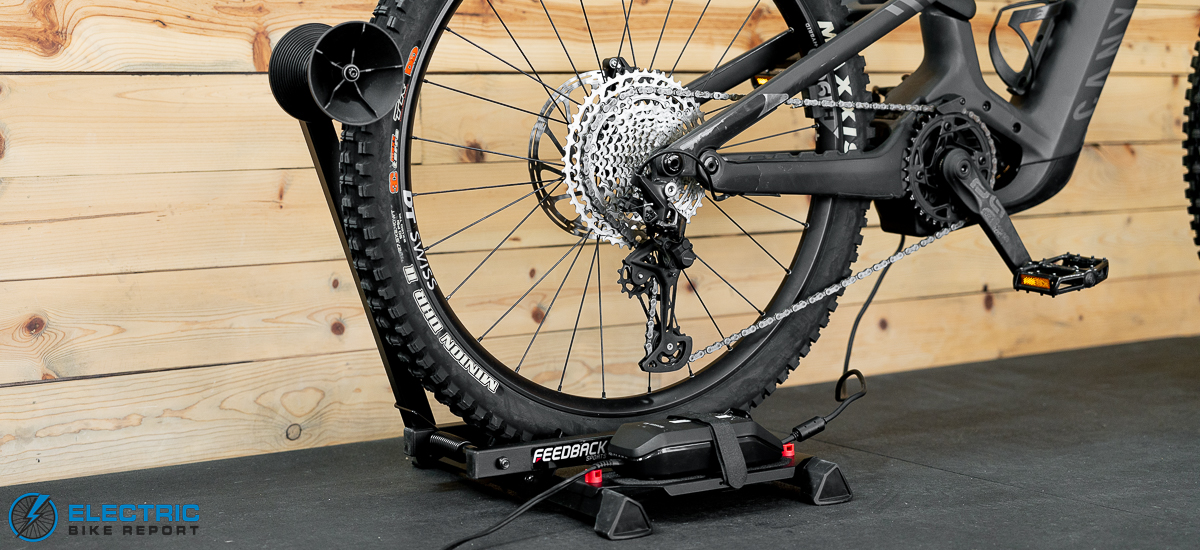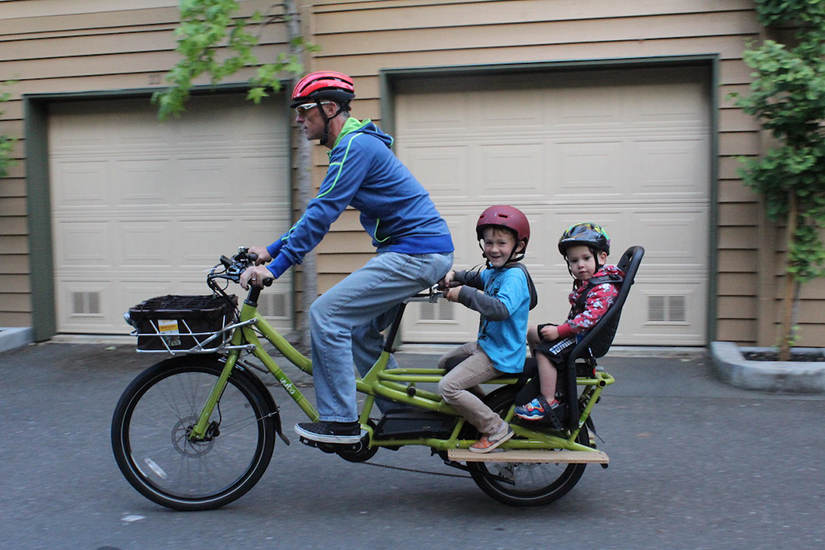
First, a few caveats
We want to share a word of caution regarding mods to an e-bike. The things we will suggest are to be filed under “no biggie.” But other changes someone might undertake could potentially violate the e-bike’s warranty and warranties exist to protect the owner as much as the manufacturer; they are meant to provide guidance, though the legalese can be hard to comprehend.
We caution riders not to make any changes to the frame, the battery or the motor. That’s not to say someone can’t buy an additional battery; we want to caution anyone from opening the battery’s casing. Same for the motor.
There’s a slight gray area here with a number of Class 2 e-bikes. Quite a few e-bike makers produce e-bikes that ship as Class 2 (that is, a maximum speed of 20 mph and with a throttle), but their website touts the ability to “unlock” the e-bike for Class 3 (up to 28 mph) top speed. Any time a manufacturer gives riders directions on how to unlock an e-bike, that’s fine. What we don’t recommend is attempting to unlock an e-bike the manufacturer has given no guidance on. With those e-bikes, unlocking them will clearly break the warranty and, worse, could tax the motor beyond how it is meant to perform, which could cause it to fail.
Some of our suggestions aren’t so much upgrades as they are changes for the sake of comfort. Some parts may be no better than what was included on an e-bike, but because of a different shape, length or width, may be more comfortable for a rider.
In our suggestions, we will indicate which can be done at home and which should be performed by the staff at a knowledgeable shop. For would-be home mechanics, be aware that every nut and bolt on an e-bike is metric. The rider who works on their old Chevy may not have the right tools in the garage.
Options one through four focus on comfort and will run less than $100. Five and six speak to functionality and will run more than $100. Options seven through 10 are performance-oriented and with the exception of replacing rotors (which will run less than $100), these upgrades will run $100 or more (or in the case of the second battery, much more).
Idea #1: Replace the tires
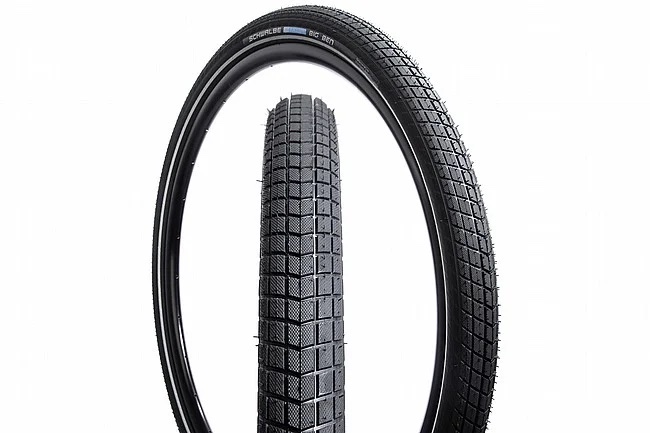
Home. Why would anyone replace tires that aren’t worn out? Well, there are a couple of reasons. The biggest among them, and our best suggestion for making any e-bike more comfortable is new tires. This is aimed at riders who own an all-terrain e-bike or any other e-bike equipped with knobby tires, but isn’t riding their e-bike offroad. A smoother tire will eliminate the buzz that the knobs give, which is usually most apparent in the rider’s hands. Replacing knobby tires with smooth ones will also result in quicker acceleration and increased range. Riders who do ride offroad and frequently encounter mud may want to consider a narrower tire. While fat tires are the first choice for sand and snow, in mud, which can be very slick, a skinnier tire will sink through the mud and grab the earth beneath the mud, improving traction and control.


